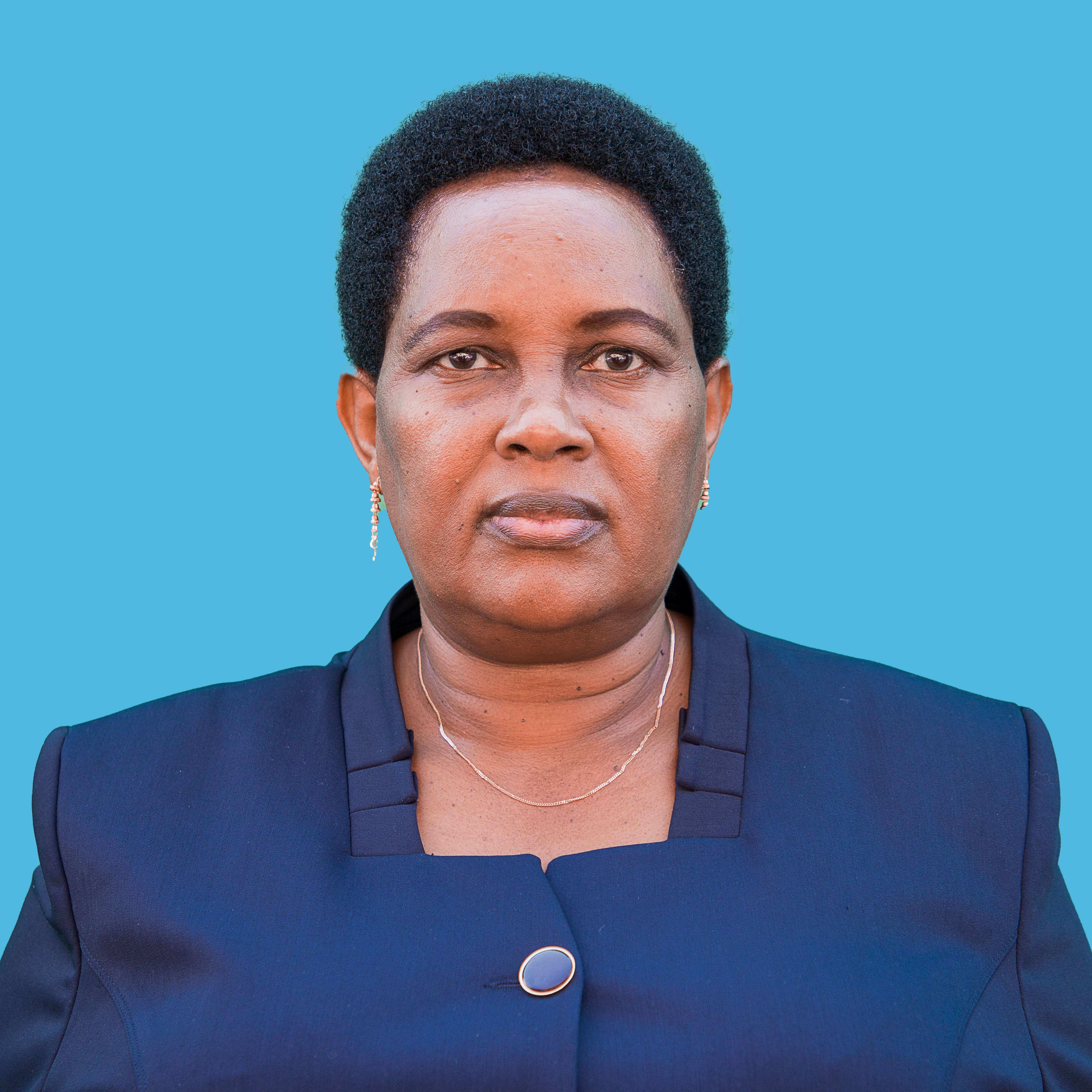IDS Overview
The Institute of Development Studies (IDS) is dedicated to creating an environment that fosters the generation, dissemination, and preservation of knowledge on development issues, both in Tanzania and across the developing world. The institute offers a broad range of programs at both undergraduate and graduate levels, ensuring that all university students engage with Development Studies through required coursework. IDS provides specialized programs such as the Bachelor of Environmental Management (BEM), and at the graduate level, it offers the Master of Arts in Development Policy and Planning (MADPP), the Master of Environmental Management (MEM), and a Doctor of Philosophy (PhD). The institute is organized into two departments: the Department of Development Policy (DP) and the Department of Environment and Sustainable Development (DESD). It also hosts the Centre for Gender and Rural Transformation (CRGT). These units work collaboratively to fulfill IDS's mission of providing quality education and conducting research on development and environmental management topics, contributing to sustainable and transformative change in the region.
Our Vision
The Institute of Development Studies aspires to be a center of academic excellence in generating knowledge for sustainable development in Tanzania and Africa through research, teaching, advisory services, and outreach activities.
Our Mission
The Institute’s mission is to promote knowledge on development issues in Tanzania and Africa through sound research, teaching, consultancy, outreach activities, and publication by advocating creativity, innovation, professionalism, and team spirit.
The overall objective of IDS is to provide a conducive environment for generating, disseminating, and preserving knowledge on development issues in Tanzania, Africa, and other developing countries. More specifically, the objectives of IDS are:
- To disseminate knowledge on socio-economic development to the community through research, interventions, publications, and advisory services in Tanzania and beyond.
- To introduce students to development perspectives and the factors influencing the development process in developing countries, helping them understand concepts and theories of socio-economic development.
- To expose students to key issues related to international development.
- To equip students with analytical skills for addressing cross-cutting issues such as gender, HIV/AIDS, and the environment in development.
- To introduce students to the impact and role of governance in socio-economic development.
- To enable students to disseminate and apply the acquired knowledge in combating poverty in all its manifestations.
IDS Administration
Prof. Elizabeth L. Genda
-
PhD Demography (University of Dar es Salaam)
-
MA Demography (University of Dar es Salaam)
-
BA Ed (University of Dar es Salaam)
Contact:
Dr. Norbert J. Ngowi
-
PhD Natural Resources Assessment and Management (University of Dar es Salaam).
-
MSc Dryland Biodiversity (Addis Ababa University).
-
BSc Ed (University of Dar es Salaam).
Contact:
Dr. Moses Ndunguru
-
PhD (UDSM)
-
MSc. (IHS, Erasmus University
-
BA. Ed. (Hons) (UDSM)
Contact:
Dr. Editha Ndunguru
-
PhD Geography (University of Dar es Salaam)
-
MA Geography and Environmental Management
-
BA Geography and Environmental Studies
Contact:
Programmes Offered by IDS
The Institute offers’both postgraduate undergraduate Programmes.
IDS offers Development Studies courses to both undergraduate and graduate students. All undergraduate students must take a Development Studies course in the first year of studies. Currently the Institute does not offer its own degree programme at undergraduate level but it offers Master’s and doctoral degree programmes.
News & Updates
Collaborations
Our Team of Staff
CONTACT US
,
Student Resources
Department of Development Policy
Department of Development Policy, charged with research, teaching and consultancy on policy issues
Centre for Environment, Poverty and Sustainable Development(CEPSD)
Centre for Environment, Poverty and Sustainable Development, charged with research, teaching, intervention and consultancy on poverty and environmental issues.
Centre for Gender Development(CGD)
Centre for Gender Development, charged with research, teaching, intervention and consultancy on gender issues.
Centre for Rural Development(CRD)
Centre for Rural Development, charged with research, teaching, intervention and consultancy on crosscutting issues pertaining to development in rural areas.




